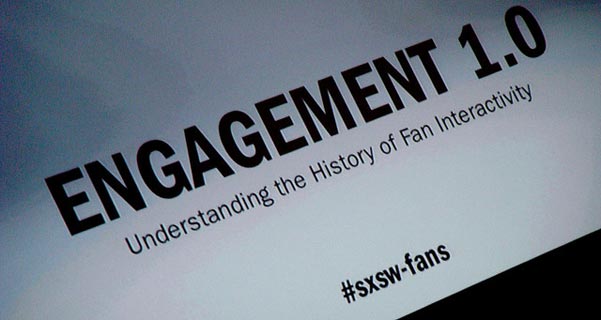 Often the greatest advances can be made by a single individual or by micro organisations who, while not necessarily radical, grasp the essence of an issue where larger corporations faff with trying to meet the needs of their share- and stake- holders.
Often the greatest advances can be made by a single individual or by micro organisations who, while not necessarily radical, grasp the essence of an issue where larger corporations faff with trying to meet the needs of their share- and stake- holders.
This is why I spend a lot of my time looking at minor players in the CSR world. Sometimes such SMEs provide radical thinking, but more often than not they provide clear thinking, unrestrained by the social, political or economic factors which so often constrain larger corporations.
One such organisation is the Ibero-American Forum on Social Responsibility, hosted and organised by Perla Puterman. A hint of what this collective is about can be seen straightaway in the group’s name. It doesn’t limit itself to just Latin America nor does it definitively align itself with North, Central or South American countries.
Instead it looks to build bridges between Spanish and Portuguese speaking countries, whether they are in the Americas or the Iberian peninsula. When you add to the mix the rise of countries like Brazil and Venezuela in the global economy and the growing need for the improvement in responsible trading relations between European and South America, then you start to see the sense of an Ibero-American Forum.
Three core items for responsible media engagement
As well as hosting #RSEChat events on twitter, Perla also blogs on items of interest to the Ibero-American community. Recently, one of these concerned how the media can take steps to make their reporting of business activities more “responsible”.
This should be seen within the context of supply chains, of which PR functions and media commentators are part and parcel. So, seen from a business’ point of view three of the core values which Perla recommends are:
- Ensure your news is disseminated in a fair and balanced way.
A recent change in UK law has meant brands can quote their competitors’ prices in their advertisements. This is fair and balanced and should be encouraged. So when you’re talking to a news organisation recognise the wider business world beyond the “stovepipe” of your individual business, and above all give details of your competitors’ products and services
- Ensure the media organisation has procedures and controls in place.
No company wants to find itself misrepresented or to have given implicit support to an editor or publication which doesn’t support its core values. Perla outlines some fundamental points which any PR worth their salt should take on board:
- look for the Code of Conduct, which should define how sources are collated and privacy preserved
- request the Procedures Manual, which defines how a conversation with sources will be handled according to the Code of Conduct
- investigate how ethical standards are implemented by the media organisation, in particular how it facilitates comment and reaction to a published piece in a fair and equitable way.
- How does the publication’s financing influence your own company?
It may be more than likely that one or more financial institutions have a stake in both your and the media company. This should be recognised. Furthermore, businesses often have direct stakes in media companies, or vice versa.
In today’s shareholder environment, investment is deemed to be ownership and there is an obvious conflict of interest when a media company is an investor in a company it has regular communication from, even through a third party (or vice versa). In order to be “responsible” and “transparent” your company should be willing to investigate and publish the financial links it has with any publication which carries its news or opinion.
There are many questions in CSR media engagement and there are few who have the right answers. It’s a developing field which itself steers the CSR agenda as much as it is steered by it.
However this article should give food for thought for media professionals and, I hope, show that they have a responsibility just like any other procurement centre in a business.
Picture Credit: Engagement 1.0 by Mark Berry Reid under CC Attribution License.
A former CTO, Chris has a broad and varied background. He’s been involved with blue chips, consultancies & SMEs across a wide variety of sectors and has worked in Europe, the Middle East and Australia.
In 2007 he decided to combine his knowledge of business and IT with his passion for all things sustainable and has been busy writing ever since. However, his greatest ambition remains to brew the perfect cup of coffee.


